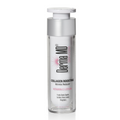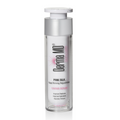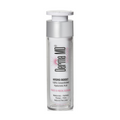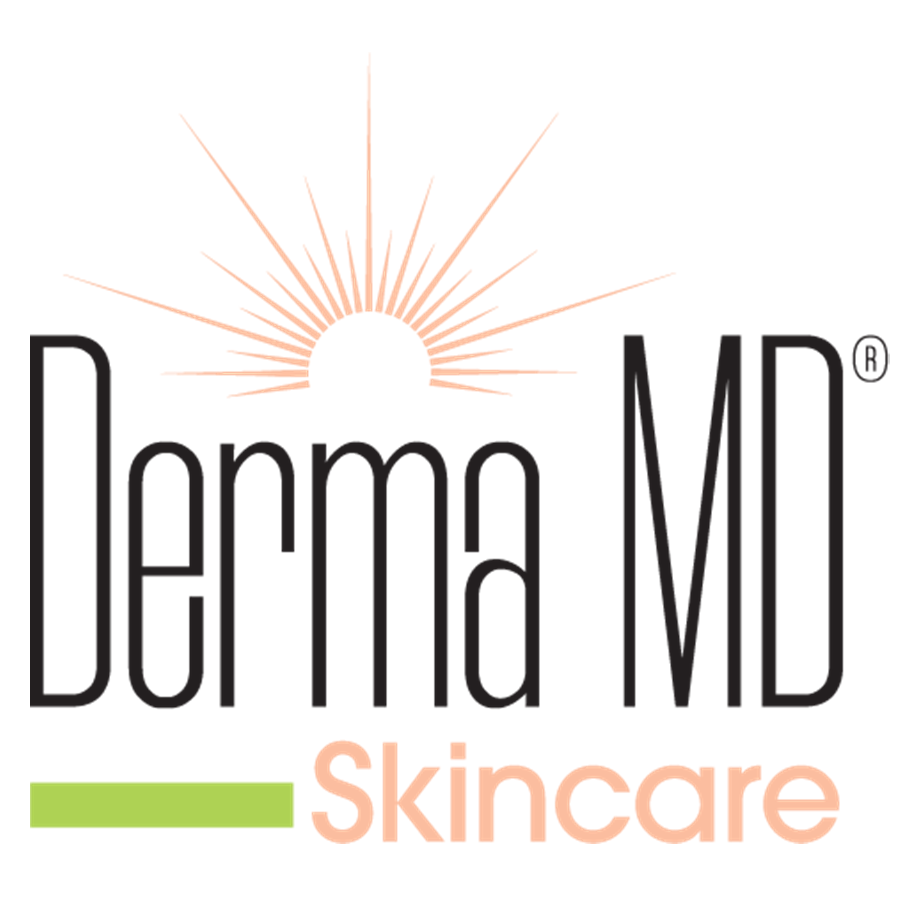COCONUT OIL – pros and cons for skin, hair and body use

First, let’s start with the pros.
Coconut oil is packed with antioxidants and vitamins which:
- promote cellular repair & protect against premature aging
- minimize the appearance of pores
- prevent moisture loss
Virgin Coconut Oil is a natural combination of Lauric Acid, Caprylic Acid and Capric Acid. These 3 fatty acids provide strong disinfectant, anti-microbial and moisturizing properties when applied on skin and hair. Benefits include:
- antibacterial
- antiviral
- anti-fungal
- anti-inflammatory
- properties proven to successfully fight candida and other skin infections such as acne
- coconut oil is an excellent moisturizer for those with severely dry skin conditions (like eczema and psoriasis), and is excellent for providing moisture to dry hair.
IN SUMMARY: Coconut oil is a great body oil, hair moisturizer and night-time facial moisturizer for dry and mature skin types.
Now, onto the cons.
While organic coconut oil can be an ideal moisturizer for those suffering from very dry skin, those with sensitive or oily skin should be wary of slathering coconut oil on their faces.
Coconut oil has a comedogenic rating of 4, which means that it has a high likelihood of clogging pores and causing breakouts for most skin types. If you want to experience the intense hydration and antioxidant powers of coconut oil (without risking a breakout), try using the oil sparingly as a night mask, or a homemade sugar scrub, or as a makeup remover.
IN SUMMARY: Coconut oil can clog pores (highly comedogenic) and should be used sparingly until you know how your skin will react. Also, exfoliation after coconut oil use will help to clear pores and prevent breakouts.





